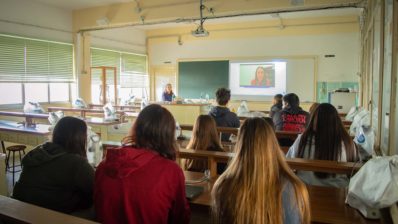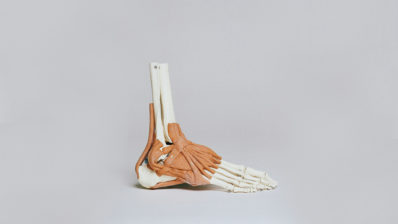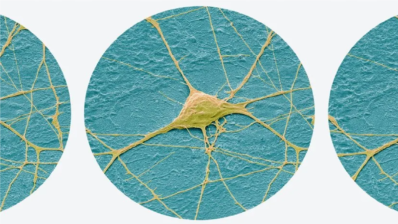Having cancer is a very hard blow. Beyond the physical and psychological effects of the disease itself, the treatment can knock you out of your rythm for months, if not years. But once the disease is overcome, can normalcy be restored to everyday life?
According to a study by the Center for Occupational Health Research (CiSAL) at UPF, people who have had a sick leave due to cancer are almost 10% less likely to return to work than people without sick leave or sick leave due to other diseases.
The study looked at data from 156,000 people between 2012 and 2015, 516 of whom were on sick leave due to cancer. The data are the result of a collaboration between the Social Security and the Catalan Institute of Medical Assessments (ICAM). “They are anonymized and publicly accessible for research groups, upon request,” says first author Amaya Ayala.
The study, conducted with social security data from more than 156,000 people, shows that those with a sick leave due to cancer are almost 10% less likely to return to work.
Among the factors that influence the adverse effects that will mark the working life of survivors, the authors mention for example the location and stage of cancer, as well as the type of treatment, but also sociodemographic variables and working conditions. In addition, although more data is lacking, it seems that gender could play a role: according to the study, the differences in continuity of employment after cancer sick leave are greater in men than in women.
Consequences
Beyond the consequences of this lower economic job stability, “not being able to work can lead to loss of self-esteem and social relationships, which can psychologically hinder the recovery from cancer,” says study leader Fernando G. Benavides, Professor of Public Health at UPF and researcher at CIBERESP.
Ayala adds: “Some of the most common side effects that can be chronic after overcoming the illness are pain, fatigue, anxiety or difficulty concentrating, although they usually improve over time. One thing that could help them get back into the routine is a gradual return to work, in which the person would start working for example 20-30% of their day in the first month, 50% in the second, and so on. Other times the solution would be to adapt or reassign the tasks, always in a consensual way between the company and the worker”. However, the researcher states that this is not currently possible with the existing legislation and this is in the hands of the employee.
Ayala-Garcia A, Serra L, Hernando-Rodriguez JC, Benavides FG. Returning to work after a sickness absence due to cancer: a cohort study of salaried workers in Catalonia (Spain). Sci Rep, Dec 2021. doi: 10.1038/s41598-021-03368-8.







